Category: Ingredients
Post which specifically address all different types of ingredients that are used in soap and cosmetic products.
-
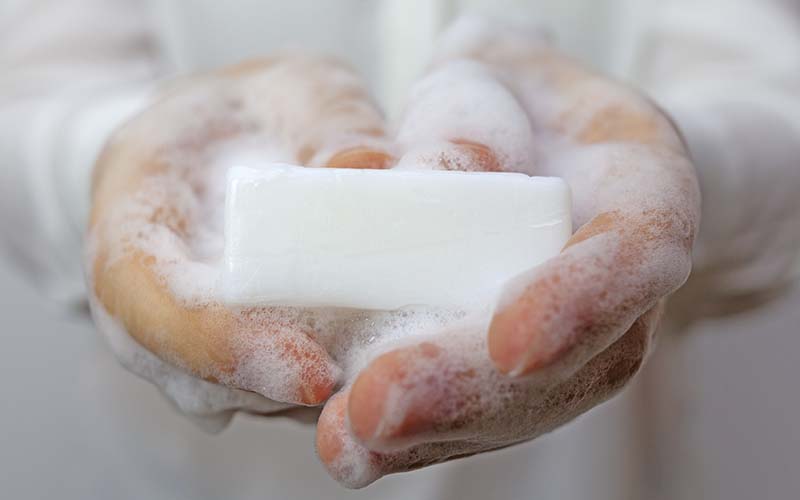
Plain Soap vs. Antibacterial Soap
According to the FDA, there isn’t any evidence to show that using an antibacterial soap is any better than plain soap when it comes to preventing illness.
-
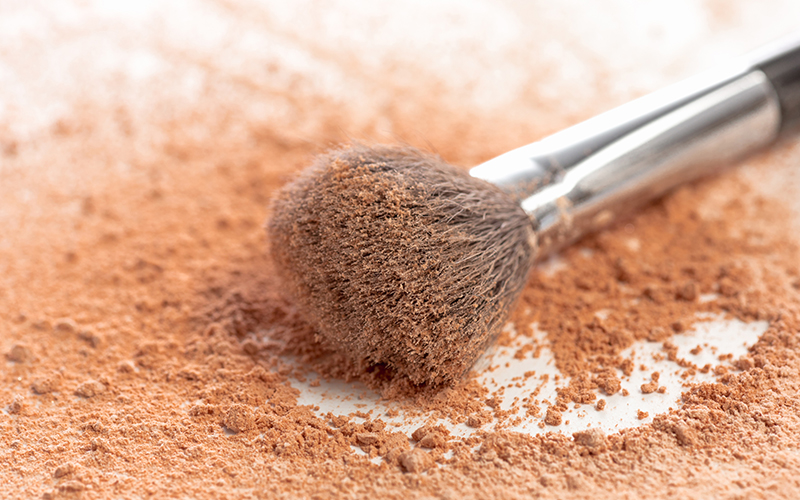
Talc and MoCRA
MoCRA included a requirement for the FDA to create regulations to for testing methods to detect and identify asbestos in talc-containing products by 29 December 2023. That didn’t happen.
-
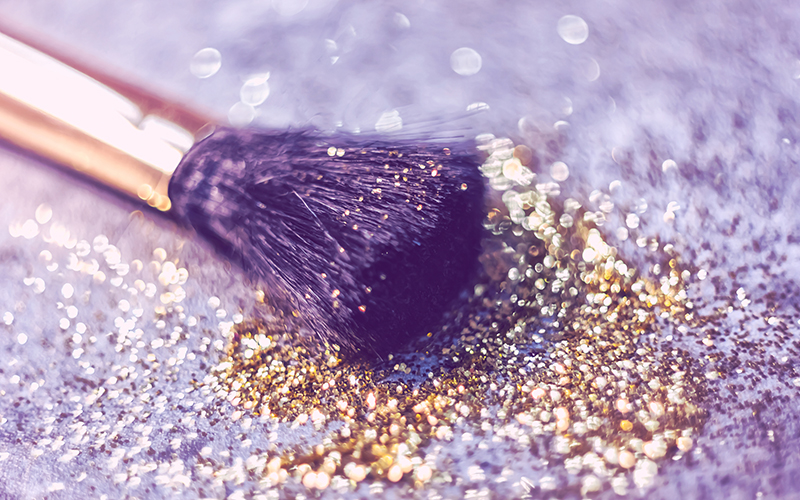
Glitter – New EU Ban
On September 25, 2023, the EU adopted measures to restrict intentionally added microplastics in cosmetics and many other products. Loose glitter is prohibited as of Oct 15, 2023.
-
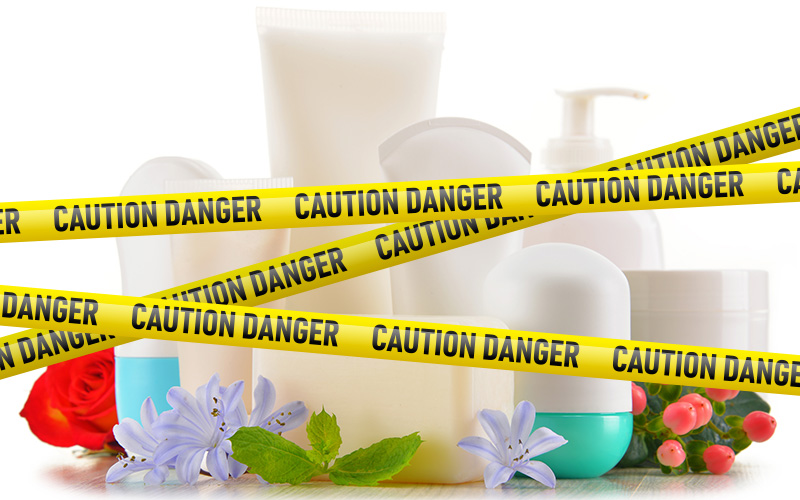
Is “Clean Beauty” Still Safe Beauty?
Nowadays, there is a huge push toward “clean beauty.” That is, beauty products without all those “bad” ingredients. But are those products actually safer?
-

Fragrance Allergens
What are fragrance allergens? Do they need to be included in the ingredient declaration for a cosmetic product? (Answer: Yes, in some countries, but not in the US or Canada… yet.)
-

Cosmetic Ingredients – The Final Frontier
The evolution of cosmetic ingredients has gone from simple plants to lab-created synthetics to rainforest botanicals and now the final frontier – ingredients from outer space.
-
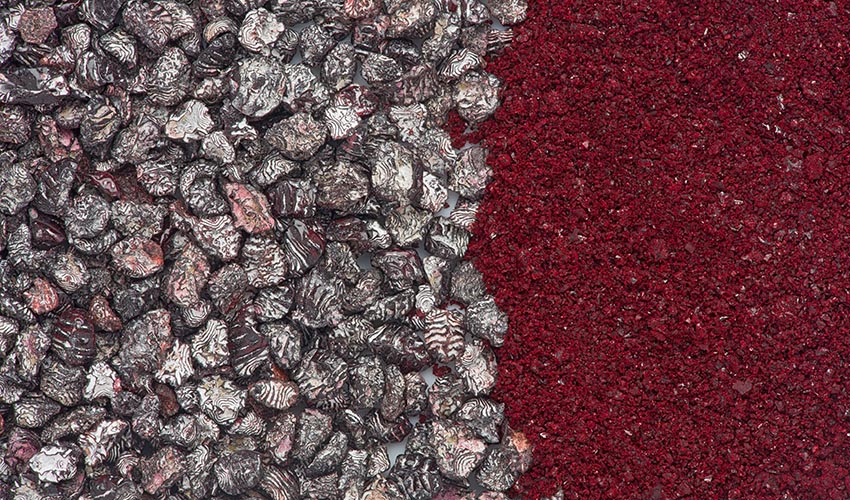
Carmine
Carmine is an approved color additive that produces a beautiful color. It comes from insects.
-
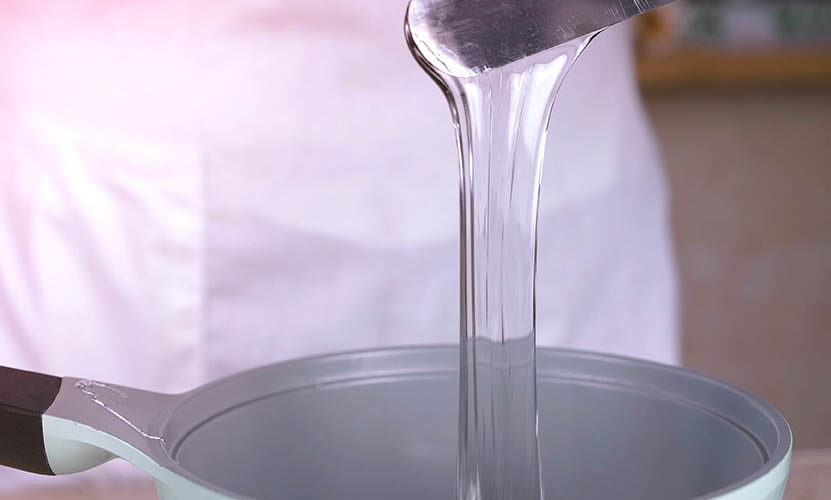
Glycerin
Glycerin – a most versitile ingredient in food, cosmetic, drugs, tobacco, paint, and even embalming fluid. And, of course, soap.
-

Indian Sandalwood
Indian Sandalwood – once considered a vulnerable species, now the oils and wood can be sustainably sourced from Australian plantations.
-
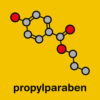
Parabens in Cosmetic Preservatives
Parabens are a class of preservatives including methylparaben, propylparaben, butylparaben and ethylparaben (and 17 more). These are commonly used preservatives which form the basis of several commercial preservative blends, including Germaben(TM) II and Liquapar(TM). Paraben Safety Parabens have been used in cosmetic (and other) products for over 100 years. However, there have recently been safety
-

Plastic Microbeads
Plastic microbeads are prohibited for use in rinse-off cosmetics. If a rinse-off cosmetic contains plastic microbeads, it is adulterated (and therefore illegal).1 Key Words to Know Pastic Microbead: Any solid plastic particle that is less than 5 millimeters in size and is intended to be used to exfoliate or cleanse the human body or any
-
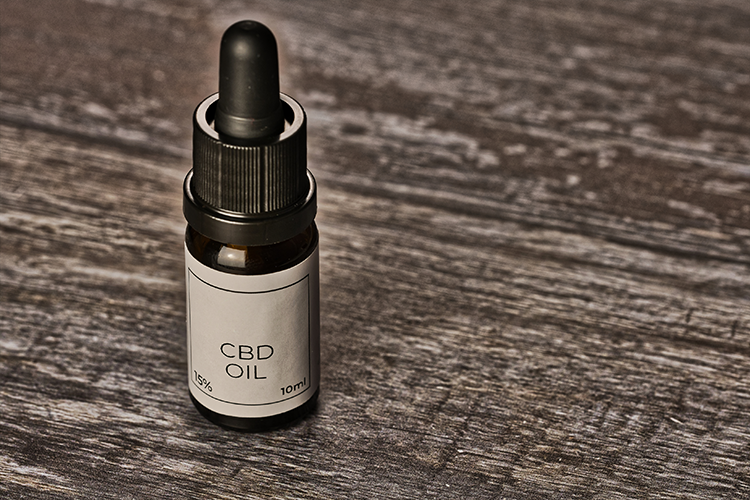
FDA Warning Letters: Products Containing CBD
The FDA sent out 15 warning letters last week (Nov. 2019) to companies that are illegally marketing products containing CBD. I thought it might be interesting to take a look at what the FDA is going after and why. The FDA’s Position First, let’s review the FDA’s position on the marketing of products containing CBD.
